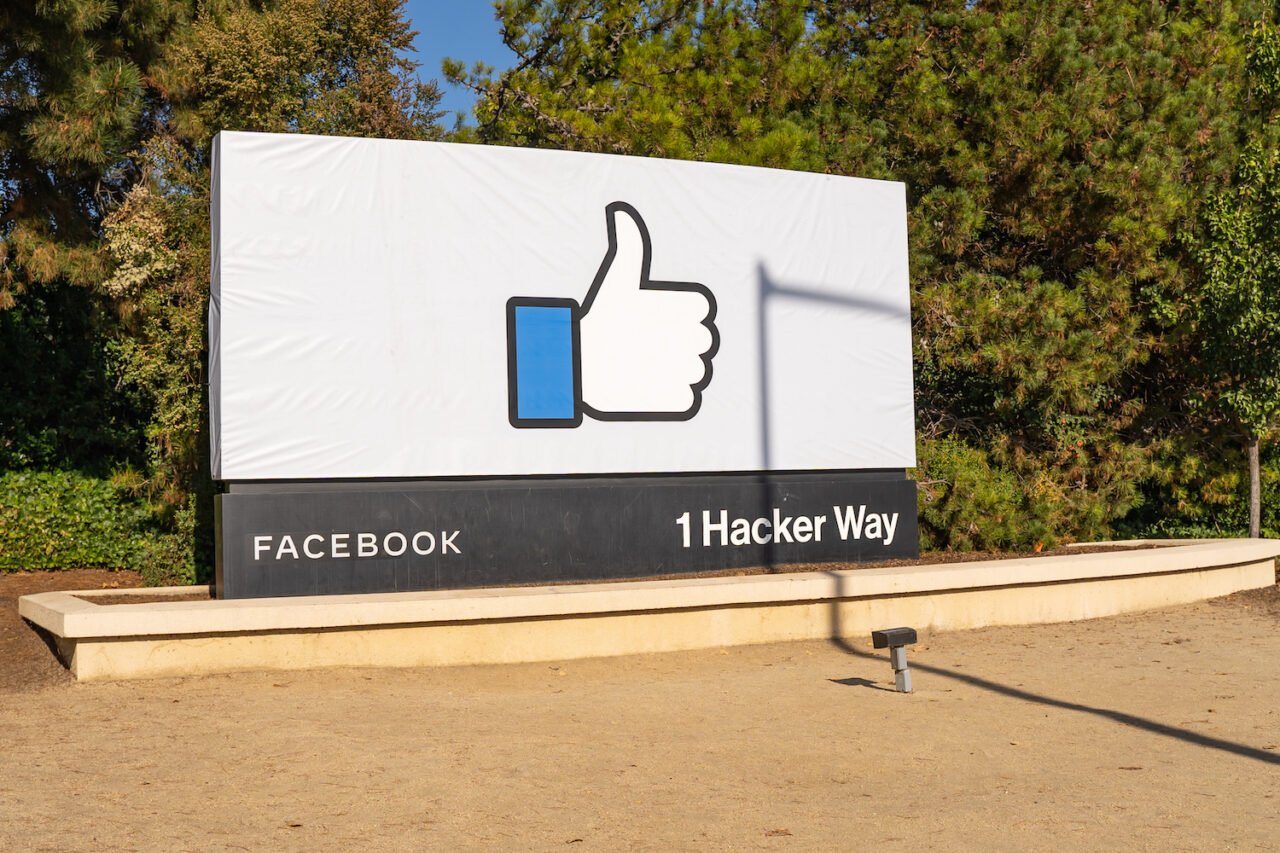Top Stories
Meta Announces End of Facebook Like and Comment Buttons by Feb. 10

URGENT UPDATE: Meta has officially announced the discontinuation of the Facebook Like and Comment buttons on external websites, effective February 10, 2024. This significant move marks the end of an era for social media integration beyond the Facebook platform, reflecting the evolving digital landscape.
The decision to remove these social plugins comes as user engagement with these features has sharply declined. According to Meta’s blog post, the plugins “reflect an earlier era of web development,” suggesting a shift away from older social media practices. As the internet matures, Meta is opting to close this chapter, which many may view as a necessary step towards greater privacy and user autonomy online.
Historically, the Like button and its companion comment feature were part of the Open Graph initiative launched in 2010. This system aimed to create a more interconnected web experience, allowing users to share their preferences and activities across various platforms. However, the landscape has changed dramatically since then, particularly in light of privacy concerns stemming from incidents like the Cambridge Analytica scandal.
Experts agree that the removal of these features is a prudent decision for Meta. The company indicated that developers won’t need to take any action to remove the buttons; they will simply disappear and be replaced with an “invisible element” to prevent website functionality issues.
While the Like and Comment buttons are set to vanish, some features will remain. For instance, the “Share this story” functionality will still be available at the bottom of articles, allowing users to share content on Facebook seamlessly. This indicates that while Meta is streamlining its offerings, it recognizes the enduring need for some social sharing capabilities.
The implications of this decision are significant. Users who once relied on these social plugins for engagement on external sites will need to adapt to a new way of sharing their thoughts and preferences online. This shift could lead to a decline in the visibility of external content shared through Facebook, affecting website traffic and user interaction.
As the deadline approaches, developers and users alike are encouraged to prepare for this change. The removal of these features may signal a broader trend towards more privacy-focused tools and less reliance on third-party data sharing.
Stay tuned for updates as this story develops. For now, users can continue to engage with the remaining sharing features while Meta transitions away from its older social integrations.
-

 Top Stories2 weeks ago
Top Stories2 weeks agoMarc Buoniconti’s Legacy: 40 Years Later, Lives Transformed
-

 Health3 weeks ago
Health3 weeks agoInnovative Surgery Restores Confidence for Breast Cancer Patients
-

 Sports4 weeks ago
Sports4 weeks agoSteve Kerr Supports Jonathan Kuminga After Ejection in Preseason Game
-

 Top Stories2 weeks ago
Top Stories2 weeks agoBOYNEXTDOOR’s Jaehyun Faces Backlash Amid BTS-TWICE Controversy
-

 Science4 weeks ago
Science4 weeks agoChicago’s Viral ‘Rat Hole’ Likely Created by Squirrel, Study Reveals
-

 Lifestyle4 weeks ago
Lifestyle4 weeks agoKelsea Ballerini Launches ‘Burn the Baggage’ Candle with Ranger Station
-

 Entertainment4 weeks ago
Entertainment4 weeks agoZoe Saldana Advocates for James Cameron’s Avatar Documentary
-

 Politics4 weeks ago
Politics4 weeks agoDallin H. Oaks Assumes Leadership of Latter-day Saints Church
-

 Business4 weeks ago
Business4 weeks agoTyler Technologies Set to Reveal Q3 2025 Earnings on October 22
-

 Lifestyle4 weeks ago
Lifestyle4 weeks agoDua Lipa Celebrates Passing GCSE Spanish During World Tour
-

 Health4 weeks ago
Health4 weeks agoCommunity Unites for Seventh Annual Mental Health Awareness Walk
-

 Business3 weeks ago
Business3 weeks agoZacks Research Downgrades Equinox Gold to Strong Sell Rating









